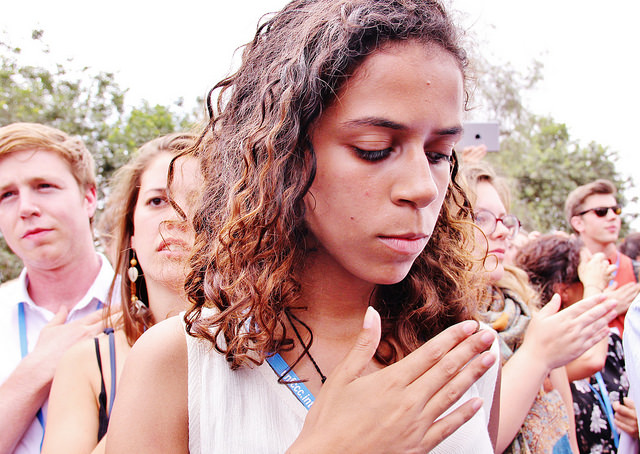We’re up to the fifth draft agreement for negotiations under the Durban Platform now. My fellow Trackers have carefully analysed the changes and positions reflected in those texts. As the delegate for Japan just noted:
This is a text of compromise, and we have little time left.
But I want to look here at just who is compromising, because the Lima talks have reinforced and deepened old rifts. Instead of confirming differentiation in mitigation, our negotiators have simply confirmed division in negotiation.
Economics still divide us. The starkest divide is that G77 and China versus the developed, wealthy Annex One countries. You can rephrase that with numerous subtle difference, pointing to the Like Minded Group versus the Umbrella Group or whatever you wish. But cutting beneath all these negotiating blocks is the simple historical inequality in wealth. We are still seeing the rich countries - like my own - driving their agenda roughshod over the interests of least developed states.
That must end. We need to bridge this economic divide. To make progress in Paris, these deep economic ravines must be bridged.
To keep the world below two degrees - let alone 1.5 degrees - we need both developed and developing states to take on aggressive, urgent emissions reduction targets. But for that to happen, a trust gap must be filled - and practical support must be given. The wealthiest economies must live up to their promises on finance and adaptation, and then go further.
Lidy Nacpil from Jubilee South Asia Pacific: “We demand a finance roadmap—when and how much they [rich countries] will deliver on their financial obligations before 2020.”

Pingback: "New texts, old divides": challenges ...()
Pingback: buildings for sale in boston()
Pingback: North Miami Beach warehouse rent()
Pingback: warehouse building()
Pingback: su kaçağı tespiti()